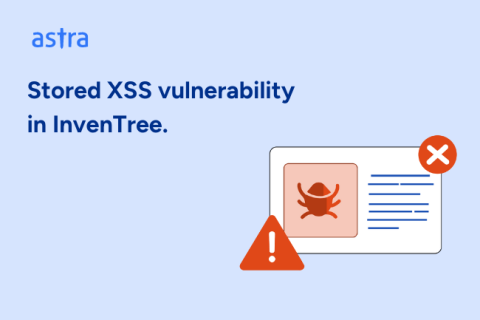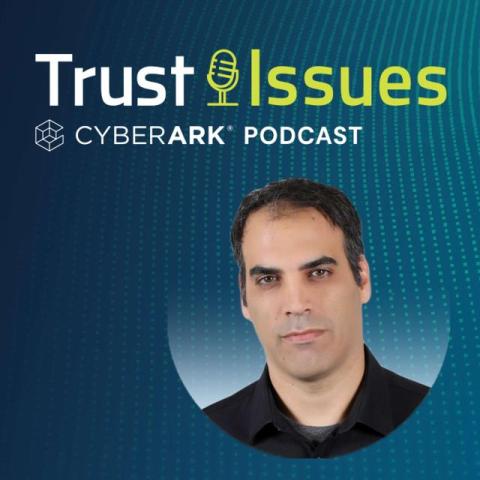Remote Access Security: 5 Best Practices for Remote Workers
Remote and hybrid workplaces are here to stay. In August 2023, 20% of U.S. employees worked from home at least once. By 2025, more than 36 million U.S. employees will work remotely, up from 19 million in 2019. That’s good news for employers who want the widest talent pool and employees who want to do their best work from anywhere. However, it’s also potentially good news for cyber criminals, who can exploit remote access policies to compromise cloud data.











